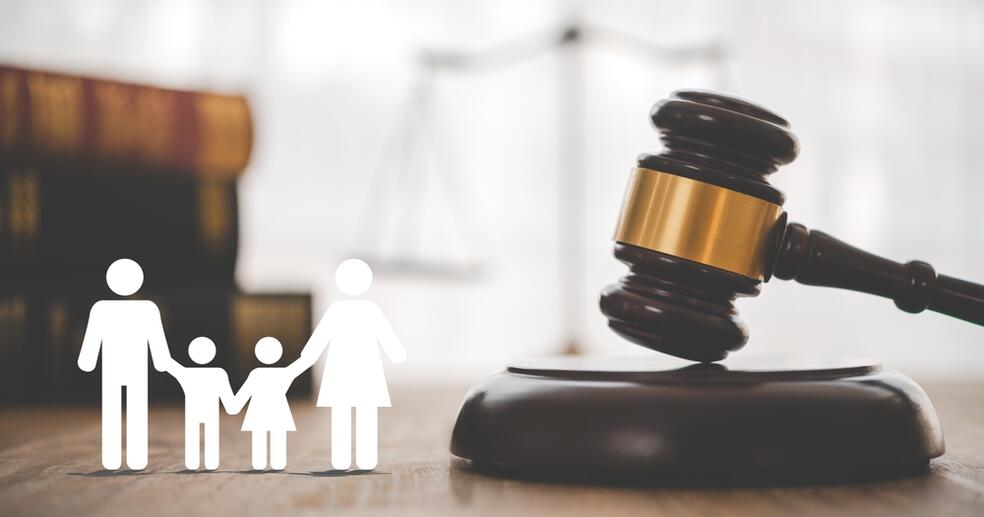July 14, 2025

July 11, 2025

Safeguard your business during a divorce in Oregon with essential strategies. Discover tips on asset protection and legal guidance to secure your future.

Discover the average costs of IVF in Oregon, including treatments and services. Get informed to plan your journey to parenthood!

Estate planning is sometimes the last thing on our client's mind during a divorce. We'll guide you through the steps you should take and things to avoid.

Searching for the right family law attorney? Discover the key questions to ask that will guide you in making an informed choice. Secure expert legal help today!

April 11, 2025

Discover tips to tell your partner you want to have a divorce with compassion and clarity. Let us help you take the first step toward a new beginning today.
January 30, 2025

Navigate the complexities of contempt in divorce and family law. Learn how it affects custody, support, and more. Empower yourself with knowledge today!
January 13, 2025

After nearly five decades of dedicated service to the legal community, Bill Howe is embarking on a well-deserved retirement from the active practice of law—but not from making a difference.
September 27, 2024

Prepare for your family lawyer consultation with confidence! Discover the key topics to discuss and what to expect. Empower yourself with knowledge.
August 13, 2024

Learn how to properly modify your child custody agreement in Oregon to protect your rights and ensure the best interests of your child. Read now!